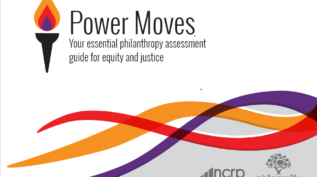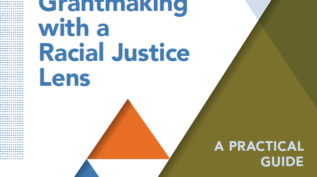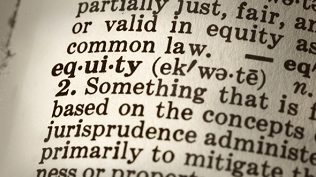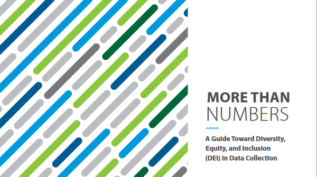How do you define equity and how much emphasis do you place on advancing equity within your organization and through the grants that you make? How diverse is your board and staff, and how inclusive are you of other perspectives in your decision-making around grants, governance, and overall policy?
This Content Collection includes a variety of perspectives and tools for addressing REDI issues within your organization, including a collection of customized Checklists, Quizzes, and Self-Assessment Tools for boards and staff.
Start Here: Defining Equity and Racial Justice
The Principles of Effective Family Philanthropy: Equity
Video
Effective family philanthropy makes a collective commitment to meaningful societal change. It holds itself accountable to impact as defined by community, and to the proven practices that support it. It is adaptive, evolving with the family and the community or ecosystem within which it operates. It shares or cedes…
Upcoming and Past NCFP Programs
Interested in learning more about this topic alongside your peers? Consider signing up for a current or future cohort of NCFP’s Racial Justice Learning & Action Network.
March 12, 2024
Rural Places as an Equity Strategy
Designed for family philanthropies that work in or are curious about rural areas, this session will offer insights to supporting rural communities. Learn how an equity strategy should include rural areas, and explore the unique challenges and successes of investing in and working with these communities. Attendees will gain knowledge…
September 14, 2023
Operationalizing Equity Practices
For funders seeking to incorporate an equity lens throughout their work (and not just their grantmaking), there are many opportunities to shift internal operations towards more equitable and values-aligned practices. Yet while many families recognize the desire to make these shifts, they need further guidance around the specific decisions and…
January 13, 2022
Reflecting on Your Origin Story: Understanding Wealth, Legacy, and Equity
The criticism of wealth is longstanding and brings to the fore a conversation on justice that is important to reflect upon in the pursuit of effective family philanthropy. Though necessary, this type of reflection often raises a number of difficult questions that require philanthropic families to interrogate their history and…
Checklists, Quizzes, and Self-Assessment Tools for Boards and Staff
Grantmaking with a Racial Justice Lens
Report
In recognition of the complexity of these shifts and the evolution of the work, PRE has published Grantmaking with a Racial Justice Lens: A Practical Guide, to help foundation leaders understand what it means to move from racial equity to racial justice funding strategies, co-written by PRE Senior Fellow Rinku…
Reports and Perspectives from Funders and Colleagues
A Generosity of Spirit: The Legacy of Black Philanthropy
Blog Post
As we approach the conclusion of Black History Month we are pleased to share a fresh look at the special role of Black philanthropy in the US. “African American giving is grounded in a collective sense of responsibility and obligation towards the community and the continuing larger struggle for liberation.…











